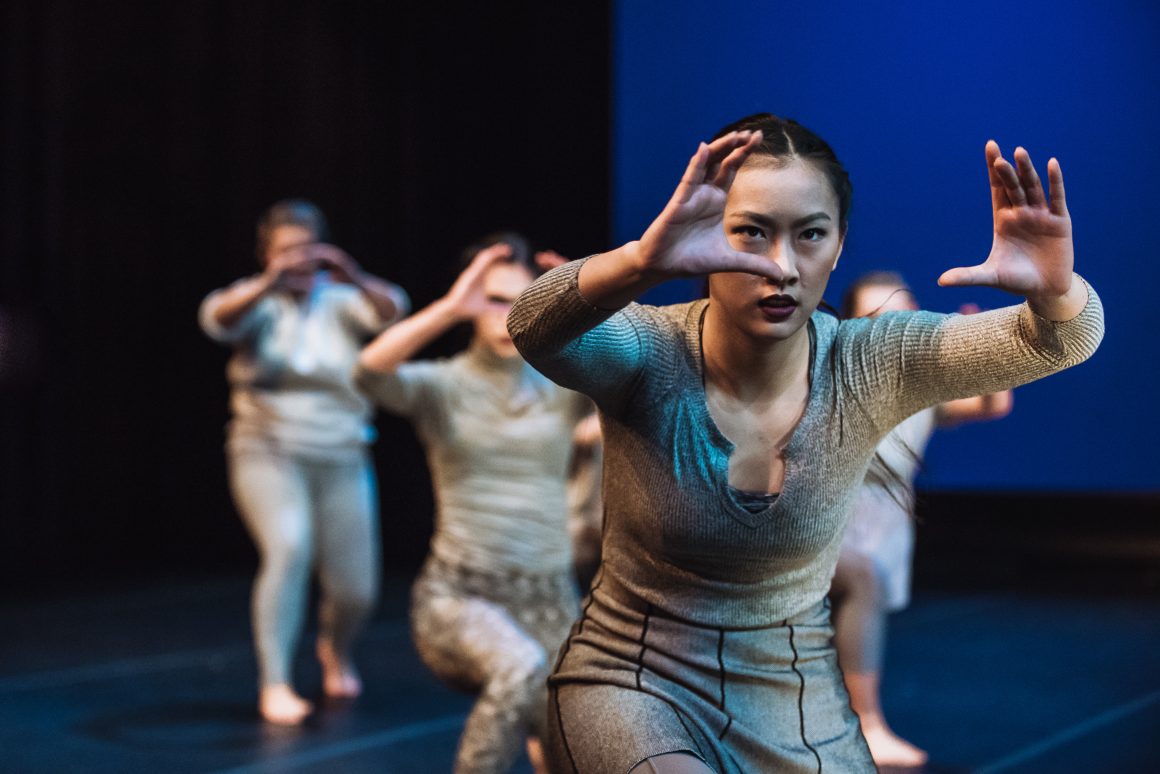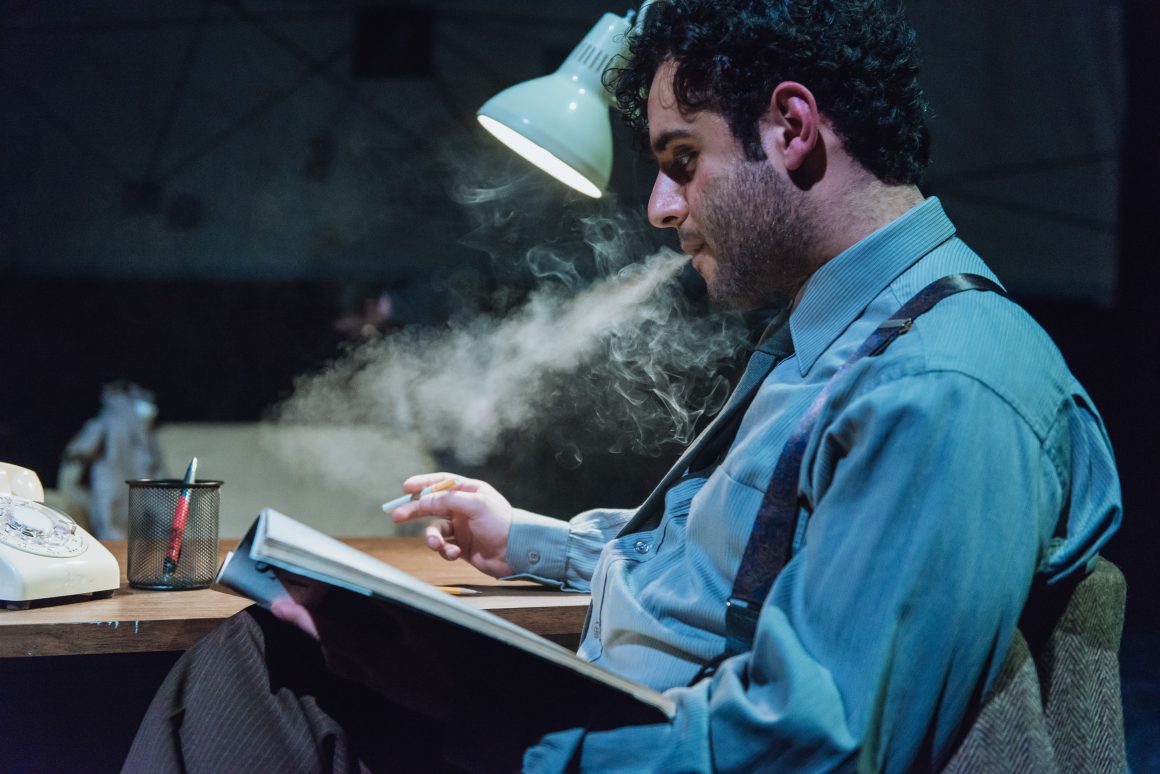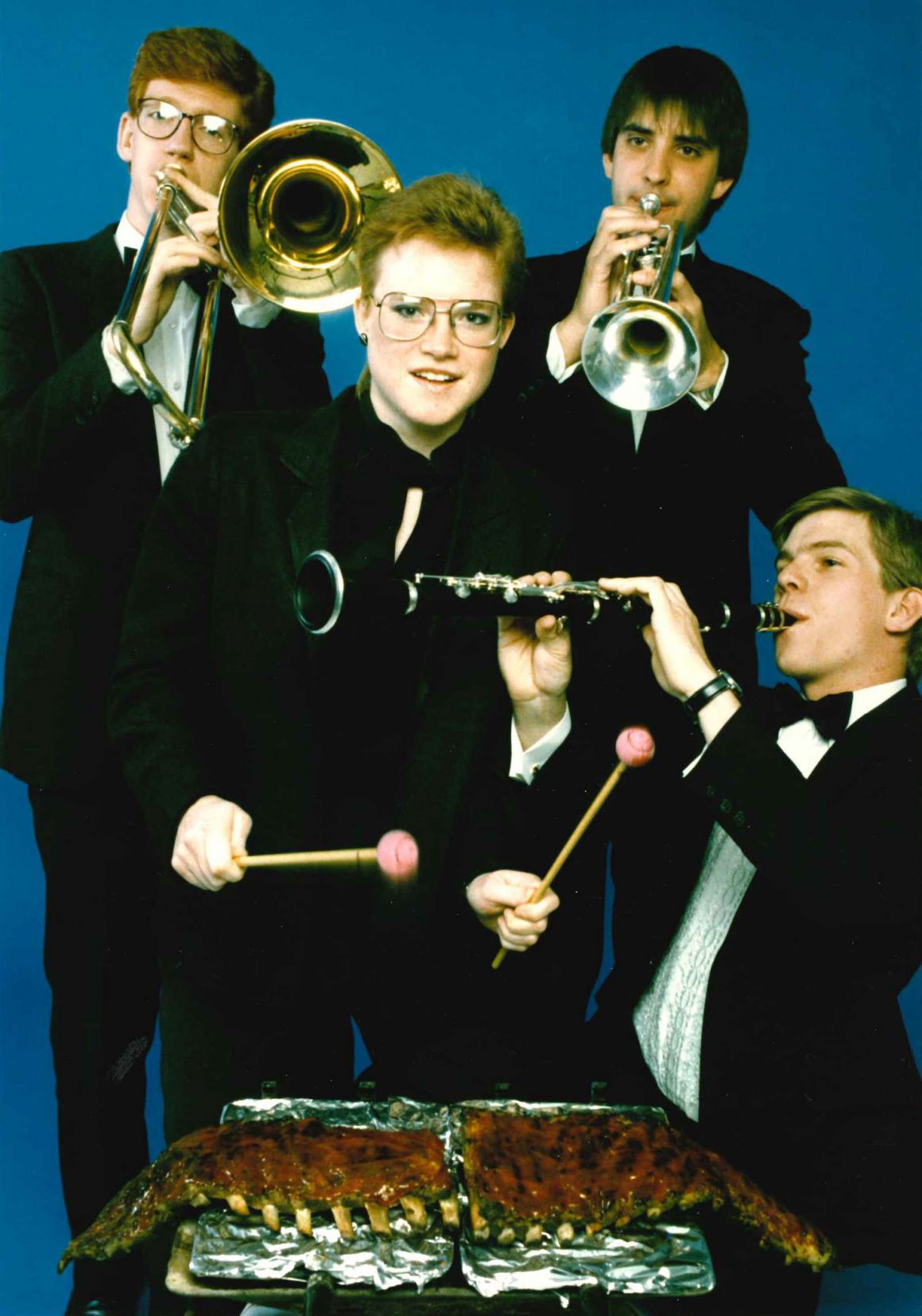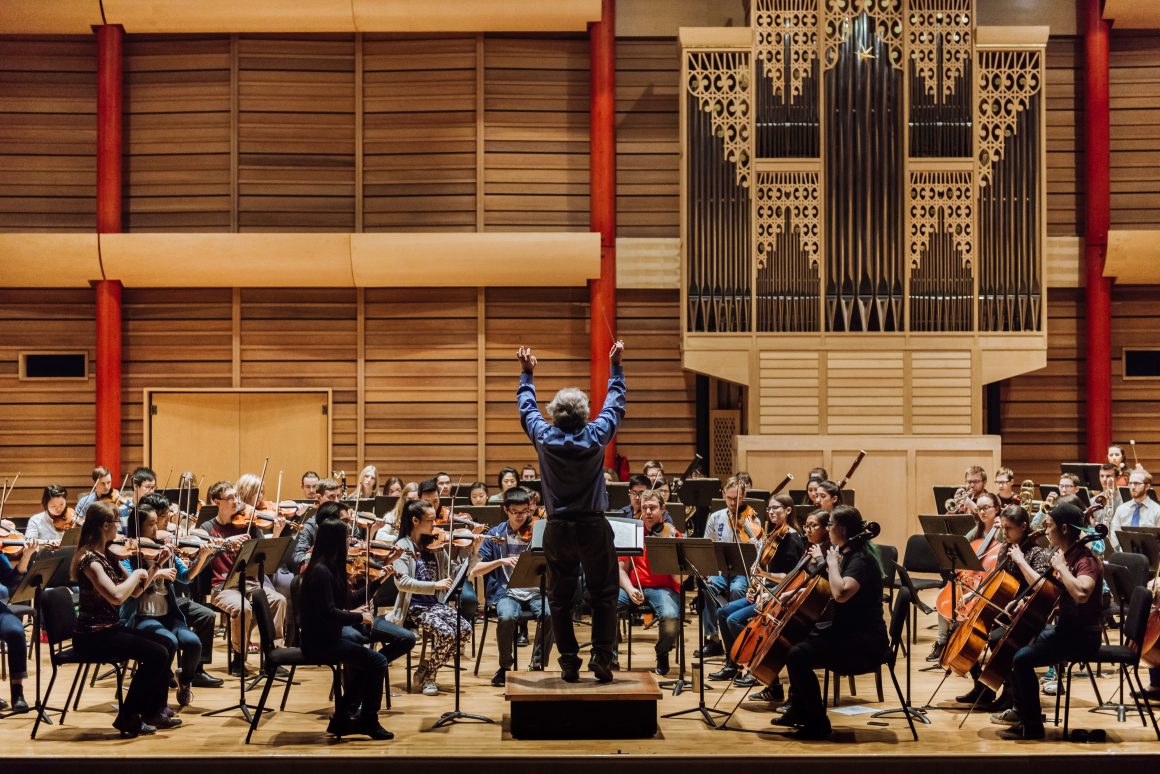
The School of Creative and Performing Arts’ history of collaboration
By Rachel Woodward, April 26 2017 —
The University of Calgary’s fine arts department has long played a vibrant role in the city’s performance culture. The three facets of performing arts at the U of C — dance, drama and music — work in unison to foster arts on campus and in the broader Calgary community.

Courtesy Tom Nguyen
In an effort to encourage collaboration between the three formats of performance, the university created the School of Creative and Performing Arts in 2013. Since its formation, the SCPA has functioned to connect the three creative fields to allow for collaborative work among students and interdisciplinary training for performance arts students. Throughout its four years on campus, the SCPA has provided students with opportunities to interact in the arts. Now, the school looks to a future role as a contributor to the local and national arts scene.
SCPA associate professor April Viczko, who has been at the U of C for seven years, says the school has sparked a new level of collaboration within the arts on campus.
“Since the creation of the school, there’s been a lot more interaction between faculty members in the different divisions and students in the different divisions,” she says. “For students who are enrolled in our programs, the fact that the different divisions are a part of a school allows for them to more easily register in different courses because we’re all part of the same unit.”
Dance, music and drama all play a role in the SCPA, but the rich history of each department still stands alone. Drama associate professor Valerie Campbell says that theatre is a celebrated aspect of the arts on campus for students — for a good reason.
“It has to do with cracking open creativity and really in-depth personal work that is then reflected in the performance work. This really is about collaboration,” she says. “Theatre is a collaborative art form, and so when students study drama they really understand deeply about collaboration, creativity and communication. Those things are invaluable.”
Viczko says that even though the SCPA is still young, the transition has been positive for the individual departments. She says there will be more curriculum integration in the future.

Courtesy SCPA
“I think with the way that we manage our resources in terms of facilities and space, we’re going to see continued integration and multi-use of spaces,” Viczko says. “We’ve been able to timetable courses so that some students can take courses in other divisions. We’re working towards a more integrated timetable with SCPA courses, whereas SCPA courses were not available before.”
Performance spaces on campus like the Reeve Theatre and Rosza Centre are important because they allow for a collective space for various aspects of performance within the school to come together on a creative platform.
Campbell says the integration of different art forms allows students to work with their schedule to take classes that broaden their horizon and to try things that they wouldn’t normally be offered in a program more specific to their degree.
“The one thing about our degree in drama is, in a way, it’s already interdisciplinary because students can craft their degree. So you come in, you think you want to be an actor, then you start taking some design classes and the next thing you know you’re coming back as a design graduate student,” she says. “You come in, you think you want to be a technician and then you end up taking directing classes or playwriting classes and the next thing you know you’re doing your own work.”
In the long-term, the SCPA will continue to move forward as a performance-oriented outlet for multi-disciplinary art. Through projects like the annual Taking Flight Festival of Student Work and various performances throughout the year, both Campbell and Viczko feel the school will have a lasting impact on the broader arts community.

Courtesy Tom Nguyen
“I think the long-term impact has the potential to see international artists being brought to campus, national artists being brought to campus and for our students to really go out there and make a mark on interdisciplinary work both nationally and internationally,” Viczko says. “There’s over 200 shows right now at the SCPA, and you can’t find that kind of variety and integration in one place anywhere else in the city.”
Campbell says that the opportunities the SCPA presents to students are unique to the U of C. She says that as a professor, she has been able to create and collaborate in an entirely new way through the program.
“I think it’s really wonderful what we’re offering students — the opportunity to consider interdisciplinary or interarts work in a new way,” she says. “The way I’m collaborating now with some of my colleagues in the other divisions is very different. There’s more opportunities to blend our research work and our teaching work for sure. I think that there’s more buzz. I think our profile has increased with the school and I think that that can only help our students.”
Natasha Strickey received her minor in drama through the SCPA in 2016. She says that her time at the U of C helped her build the tools to continue working in local theatre with companies like Theatre Calgary and the Shakespeare Company.
“SCPA has definitely blossomed my knowledge of theatre and acting,” she says. “There are so many facets that were unknown to me prior to getting involved with the program. As someone privileged to work on multiple main stages I’d say it’s prepared me for the atmosphere of professional theatre, for sure.”
For more information, visit scpa.ucalgary.ca.
